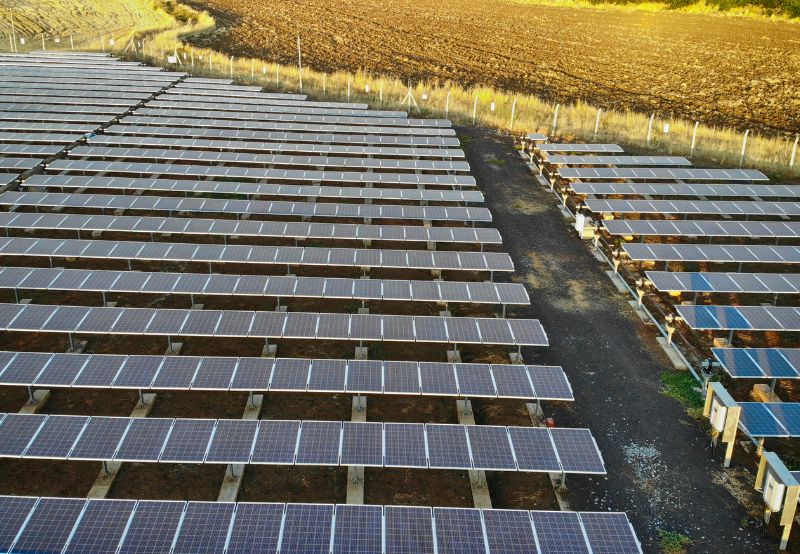The candidate will participate in research projects understanding biodiversity patterns (esp. biological invasions) and the underlying drivers under past, current and future conditions. The candidate will be responsible for proposing innovative research questions covering different spatial and temporal scales as well as taxonomic groups. The successful candidate should have prior knowledge in research at the macroecology-macroevolutionary biology interface, including for example integrative work to understand the historical and contemporary shaping of the different facets of biodiversity with a particular focus on anthropogenic pressures. A keen interest to keep abreast with ongoing developments in invasion science and related fields (e.g. global change science, conservation science, environmetal policy) is required. Tasks span the full breadth of academic work from conceiving ideas, securing further funding, analyses and publication of scientific results. Supervision / mentoring of students engaged in projects of the Division, as well as discussing and developing ideas with colleagues in the team-oriented work culture of the Division is expected. The position includes teaching obligations of c. 2 hours per week.
What we offerWork-life balance: Our employees enjoy flexible working hours, remote/hybrid and/or part-time work (upon agreement).
Inspiring working atmosphere: You are a part of an international academic team in a healthy and fair working environment.
Good public transport connections: Your workplace in the center of beautiful Vienna is easily accessible by public transport.
Internal further training & Coaching: Opportunity to deepen your skills on an ongoing basis. There are over 600 courses to choose from – free of charge.
Fair salary: The basic salary of EUR 4351,90 increases if we can credit professional experience.
Equal opportunities for everyone: We look forward to diverse personalities in the team!
It is that easy to apply
- With your scientific and educational curriculum vitae
- With your letter of motivation
- With your list of publications
- Doctoral Degree
- Contact details of persons who could provide reference letters
- Via our job portal/ Apply now – button
For further information please contact Franz Essl (franz.essl@univie.ac.at) or Bernd Lenzner (bernd.lenzner@univie.ac.at).
If you have any content questions, please contact:
Franz Essl
franz.essl@univie.ac.at
We look forward to new personalities in our team! The University of Vienna has an anti-discriminatory employment policy and attaches great importance to equal opportunities, the advancement of women and diversity. We lay special emphasis on increasing the number of women in senior and in academic positions among the academic and general university staff and therefore expressly encourage qualified women to apply. Given equal qualifications, preference will be given to female candidates.
University of Vienna. Space for personalities. Since 1365.
Application deadline: 08/18/2023
Post DocApply now
ProfileDoctoral degree/PhD in biology (or equivalent)
- Experience in the implementation of spatially explicit analyses and mapping of biodiversity
- Experience in the work with large-scale ecological and environmental data of different spatial and temporal resolution
- Experience in advanced statistical analyses of scientific data including geographic, environmental, and phylogenetic information, preferably in R
- Experience in studying biodiversity patterns across spatial and temporal-scales from regional to global and from deep evolutionary time to present.
- Strong background in one or more animal taxa is a plus
- Interest in the development of external (third-party) grant applications. Ambitions (or previous experience) for developing high level international grant applications (e.g., ERG, Horizon Europe) is a plus.
- Excellent written and oral communication skills in English (and preferably German)
- Ability to work in teams
- Experience in teaching
- Experience in project administration and personnel management
Job description:The University of Vienna is a cosmopolitan hub for more than 10,000 employees, of whom around 7,500 work in research and teaching. They want to do research and teach at a place that suits their ideas and work together towards answering the big questions of the future. You also appreciate the exchange between disciplines, cultures and generations? We are looking for a/an
University Assistant postdoctoral
50 Faculty of Life Sciences
Contents
Startdate: 01.09.2023 | Working hours: 20 | Collective bargaining agreement: §48 VwGr. B1 lit. b (postdoc)
Limited until: 31.08.2029
Reference no.: 805
A six year, half-time (20 h) Post Doc position is available at the Division of BioInvasions, Macroecology & Global Change at the Department of Botany and Biodiversity Research. The main research focus of the Division is understanding and predicting the effects of environmental changes on the distribution and diversity of biota – with a particular focus on biological invasions. This line of research is explicitly focused on the identification of large-scale macroecological and macroevolutionary patterns and identifying underlying drivers using established and innovative statistical modelling approaches. The successful candidate will have a leading role in addressing questions related to biological invasions, global change and conservation taking advantage of theory and tools from the fields of ecology and evolutionary biology. The Division has a strong interest on extending the research questions to a wider range of organisms, including animal taxa, and to a wider range of regions, including understudied regions. Therefore, the successful candidate should have a relevant background in zoology and ideally prior international experience. Overall prior research experience and interests should particularly include topics in invasion biology, biodiversity change, macroecology, statistical modelling and phylogenetic comparative methods. We expect applicants to have excellent programming skills, preferably in R.
- Aquatic Ecology
- Animal Ecology
- Applied Ecology




